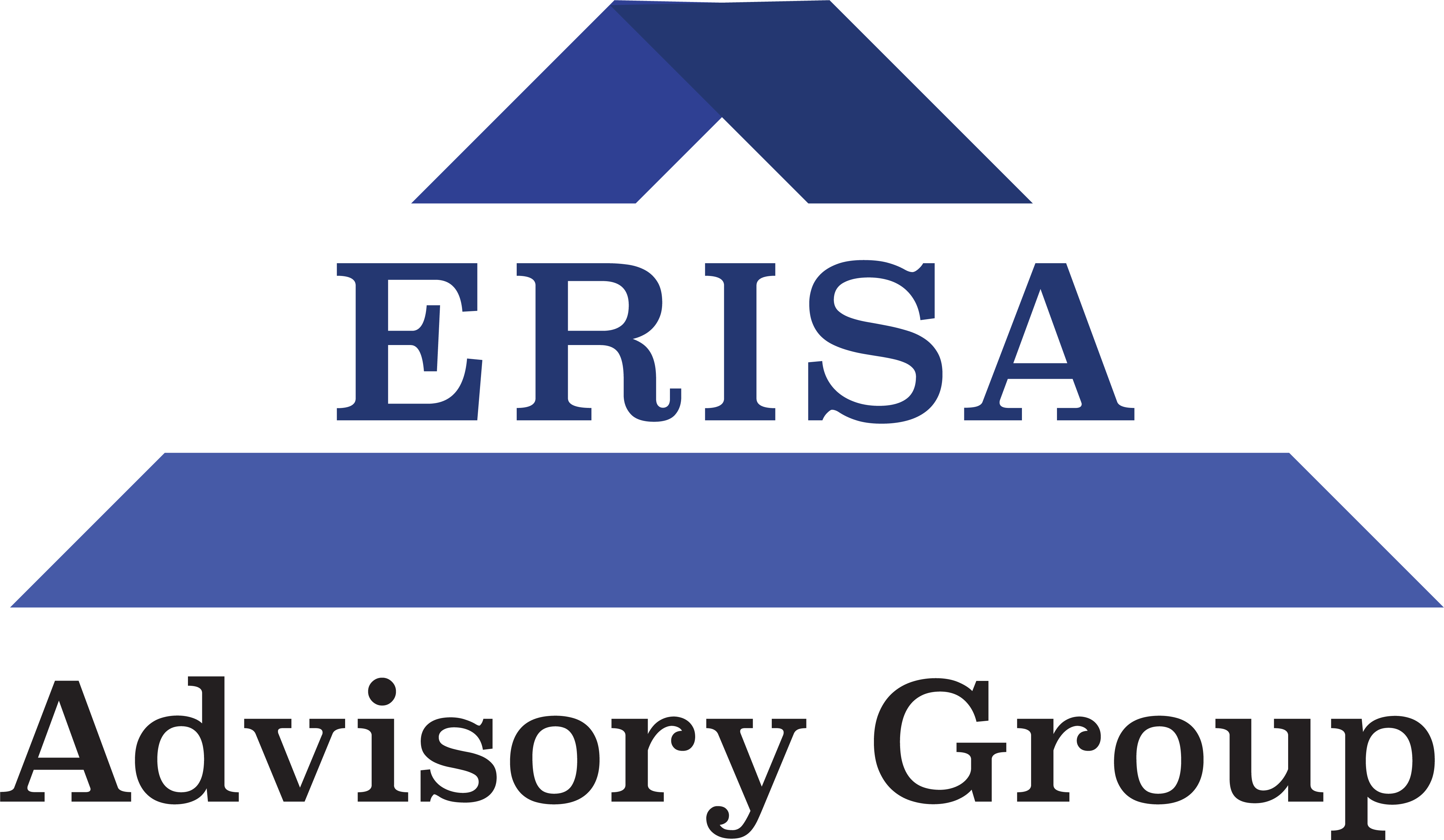If you’re responsible for managing employee benefits or retirement plans, you’ve likely encountered the term “ERISA” – but what does ERISA actually mean, and why should you care? As experienced fiduciary consultants, we break down everything you need to know about this critical legislation that governs billions of pounds worth of employee benefits across America.
What Does ERISA Stand For?
ERISA stands for the Employee Retirement Income Security Act of 1974. This landmark federal legislation fundamentally changed how employee benefit plans operate in the United States, establishing comprehensive rules and protections that remain the foundation of modern workplace benefits.
ERISA Meaning: Why It Matters to Your Organization
At its core, ERISA meaning encompasses federal oversight of private-sector employee benefit plans. The law was created to protect workers and their beneficiaries by establishing standards for plan management, disclosure requirements, and fiduciary responsibilities.
Think of ERISA as the rulebook that governs how employers must handle employee retirement plans, health insurance plans, and other benefits. It’s not just bureaucratic red tape – it’s a comprehensive framework designed to safeguard workers’ financial futures.
Key ERISA Requirements Every Plan Sponsor Should Know
Fiduciary Responsibility
Under ERISA, anyone who exercises discretionary control over plan management or assets becomes a fiduciary. This isn’t just a title – it’s a legal obligation that requires acting solely in participants’ best interests.
Reporting and Disclosure
Plans must provide participants with essential information about their benefits, including:
- Summary Plan Descriptions (SPDs)
- Annual reports (Form 5500)
- Individual benefit statements
- Material plan changes
- Fees associated with the Plan
Minimum Standards
ERISA establishes baseline requirements for:
- Vesting schedules
- Participation eligibility
- Benefit accrual
- Plan funding
What Does ERISA Apply To?
ERISA covers most private-sector employee benefit plans, including:
- 401(k) and other Retirement Plans
- Pension Plans
- Health Plans
- Disability insurance
- Life insurance provided through employers
Important exceptions include government plans, church plans, and plans maintained solely for business owners and their spouses.
ERISA Titles: Understanding the Structure
ERISA is organized into four main titles, each addressing different aspects of employee benefits:
Title I: Protection of Employee Benefit Rights
Establishes participation, vesting, and disclosure requirements. This section also defines fiduciary duties and provides enforcement mechanisms.
Title II: Amendments to the Internal Revenue Code
Creates tax advantages for qualified retirement plans and establishes contribution limits and distribution rules.
Title III: Jurisdiction and Administration
Defines roles for the Department of Labour and Internal Revenue Service in ERISA enforcement.
Title IV: Plan Termination Insurance
Establishes the Pension Benefit Guaranty Corporation (PBGC) to insure certain retirement benefits.
Common ERISA Compliance Challenges
Fiduciary Breach Risks
Many plan sponsors unknowingly assume fiduciary status without understanding their obligations. Common pitfalls include:
- Inadequate investment monitoring
- Excessive fees
- Conflicts of interest
- Poor documentation
Documentation Gaps
ERISA requires extensive documentation. Missing or inadequate records can lead to compliance issues and participant disputes.
Disclosure Timing
Strict deadlines govern when participants must receive required notices and disclosures. Missing these deadlines can result in penalties.
ERISA Enforcement and Penalties
The Department of Labour actively enforces ERISA compliance through:
- Plan audits and investigations
- Fiduciary breach lawsuits
- Civil penalties for reporting failures
- Criminal prosecution for wilful violations
Penalties can be substantial – reporting violations alone can cost $2,000+ per day, and fiduciary breaches can result in personal liability for plan losses.
If you’re a plan sponsor, HR professional, CFO, or fiduciary overseeing an employer-sponsored retirement plan, you already know the stakes are high — and the Department of Labor isn’t pulling any punches. The ERISA Starter Pack was designed specifically for professionals like you who want to avoid penalties, reduce risk, and gain clarity on their fiduciary obligations.

